Concealed carry, or carrying a concealed weapon (CCW), is the practice of carrying a weapon in public in a concealed manner, either on one's person or in close proximity. CCW is often practiced as a means of self-defense. Following the Supreme Court's NYSRPA v. Bruen (2022) decision, all states in the United States were required to allow for concealed carry of a handgun either permitlessly or with a permit, although the difficulty in obtaining a permit varies per jurisdiction.
Gun laws in the United States regulate the sale, possession, and use of firearms and ammunition. State laws vary considerably, and are independent of existing federal firearms laws, although they are sometimes broader or more limited in scope than the federal laws.

In the United States, open carry refers to the practice of visibly carrying a firearm in public places, as distinguished from concealed carry, where firearms cannot be seen by the casual observer. To "carry" in this context indicates that the firearm is kept readily accessible on the person, within a holster or attached to a sling. Carrying a firearm directly in the hands, particularly in a firing position or combat stance, is known as "brandishing" and may constitute a serious crime, but is not the mode of "carrying" discussed in this article.

Gun laws in California regulate the sale, possession, and use of firearms and ammunition in the state of California in the United States.

GeorgiaCarry.org (GCO) is a state-level gun rights organization that is dedicated to preserving and protecting the rights of its members to keep and bear arms as protected by the Second Amendment to the United States Constitution and Paragraph VIII of the Constitution of the State of Georgia. On its website, the organization describes itself as "Georgia's no-compromise voice for gun owners." The organization is also referred to as Georgia Carry in conversation and press coverage. It is a non-profit corporation organized under the laws of the State of Georgia. It has been described as Georgia's "powerful firearms lobbyist" that "makes the National Rifle Association look like a popgun group".

Gun laws in Florida regulate the sale, possession, and use of firearms and ammunition in the state of Florida in the United States.
In the United States, the term constitutional carry, also called permitless carry, unrestricted carry, or Vermont carry, refers to the legal public carrying of a handgun, either openly or concealed, without a license or permit. The phrase does not typically refer to the unrestricted carrying of a long gun, a knife, or other weapons. The scope and applicability of constitutional carry may vary by state.

The U.S. state of Alaska has very permissive gun laws, and very few regulations regarding the sale, possession, and use of firearms and ammunition compared to those in most of the contiguous United States. Alaska was the first state to adopt carry laws modeled after those of Vermont, where no license is required to carry a handgun either openly or concealed. However, permits are still issued to residents, allowing reciprocity with other states and exemption from the Federal Gun Free School Zone Act. The legal stipulation that gun permits are issued but not required is referred to by gun rights advocates as an "Alaska carry," as opposed to a "Vermont carry", where gun licenses are neither issued nor required. Some city ordinances do not permit concealed carry without a license, but these have been invalidated by the recent state preemption statute.

Gun laws in Georgia regulate the sale, possession, and use of firearms and ammunition in the state of Georgia in the United States.
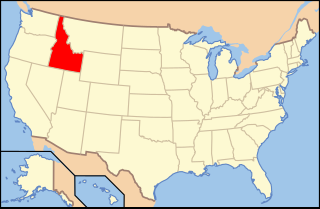
Gun laws in Idaho regulate the sale, possession, and use of firearms and ammunition in the state of Idaho in the United States.

Gun laws in Illinois regulate the sale, possession, and use of firearms and ammunition in the state of Illinois in the United States.

Gun laws in Kansas regulate the sale, possession, and use of firearms and ammunition in the state of Kansas in the United States.
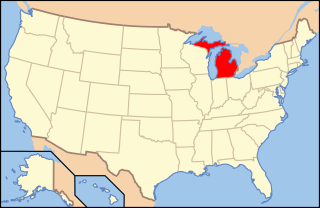
Gun laws in Michigan regulate the sale, possession, and use of firearms and ammunition in the U.S. state of Michigan.
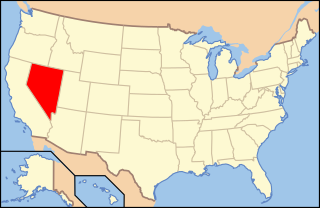
Gun laws in Nevada regulate the sale, possession, and use of firearms and ammunition in the state of Nevada in the United States.
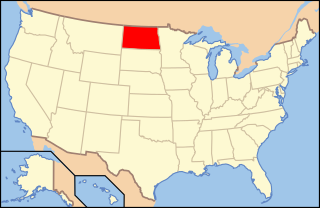
Gun laws in North Dakota regulate the sale, possession, and use of firearms and ammunition in the state of North Dakota in the United States.

Gun laws in Oregon regulate the manufacture, sale, possession, and use of firearms and ammunition in the state of Oregon in the United States.

Gun laws in Pennsylvania regulate the sale, possession, and use of firearms and ammunition in the Commonwealth of Pennsylvania in the United States.
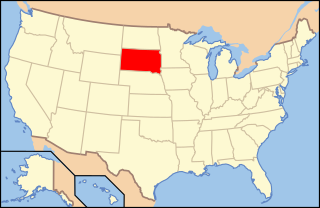
Gun laws in South Dakota regulate the sale, possession, and use of firearms and ammunition in the state of South Dakota in the United States.

Gun laws in Texas regulate the sale, possession, and use of firearms and ammunition in the U.S. state of Texas.
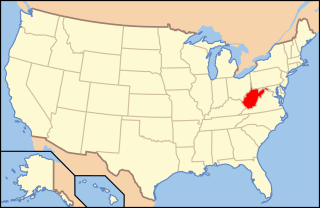
Gun laws in West Virginia regulate the sale, possession, and use of firearms and ammunition in the U.S. state of West Virginia.

















